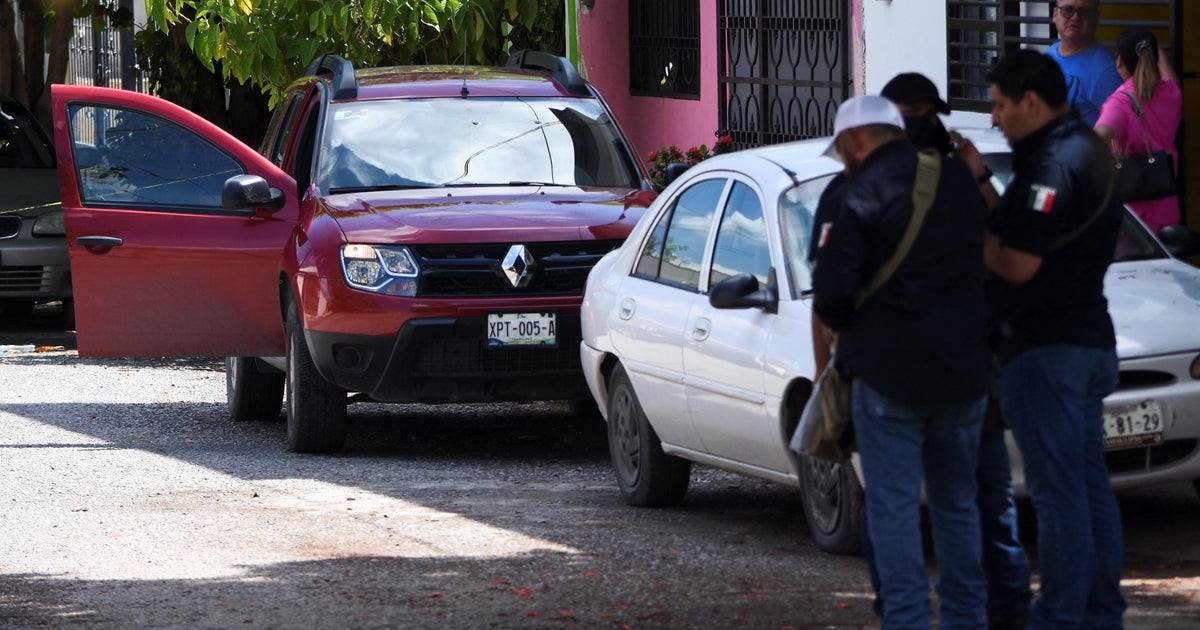[ad_1]

*Editor’s note: This story has been updated to include information from APS.
SANTA FE, N.M. (KRQE) – Were you ever suspended from school? Or even expelled? In New Mexico, students may soon see a different type of discipline than the traditional method reserved for troublemakers.
The plan, announced Thursday by the state’s Public Education Department (PED), is to implement “trauma-responsive and restorative practices” rather than simply sending children home.
“Suspending or expelling a child who has experienced trauma just heaps on another level of trauma,” Public Education Secretary Kurt Steinhaus said in a press release. “We have a responsibility as educators to help every child overcome barriers to learning and develop the self-management skills they need to be academically successful, and we’re going to be sharing these best practices with all our schools.”
Across the Albuquerque Public School (APS) district, there were more than 5,000 suspensions in the 2019-2020 school year, data from PED shows. More than 2,000 of those were due to alleged assault or battery. And over 1,000 were for drug violations.
And the data shows that there’s a racial disparity in which students receive this sort of discipline. Hispanic students accounted for 72% of the suspensions in the 2019-2020 school year. White students accounted for only 13% despite making up over 20% of the district’s student population, according to the data.
“Albuquerque Public Schools recognizes there is work to be done on equity and student discipline, and the district continues to do what it can to address those issues,” Monica Armenta, a spokesperson for APS told KRQE News 13. “APS will continue to advocate for restorative justice practices, comprehensive cultural equity standards for all employees, and continued partnerships with the community.”
Armenta says APS is currently updating their Handbook for Student Success following a series of public meeting addressing a range of issues, including discipline. And APS plans to designate a staff member to provide restorative justice training.
As for he state’s effort, the Public Education Department hired Emma Green to be the department’s first prevention, response and resiliency coordinator. She was formerly Colfax County’s “Healthy Kids, Healthy Communities” coordinator. She also studied conflict resolution at the graduate level at Portland State University.
Judy Robinson, a spokesperson for PED says that Green will be getting recommendations to schools as soon as possible. But it’s impossible to say when changes will actually be implemented in schools, Robinson says.
If and when the new practices are implemented in schools will be up to each school district. But ultimately, Green says replacing traditional discipline with new practices will be good for students.
“Trauma-responsive and restorative practices are based on accountability and inclusiveness so that we can keep kids in class to learn,” Green said in a press release. “This helps a student’s attendance and academic achievement.”
[ad_2]
Source link















